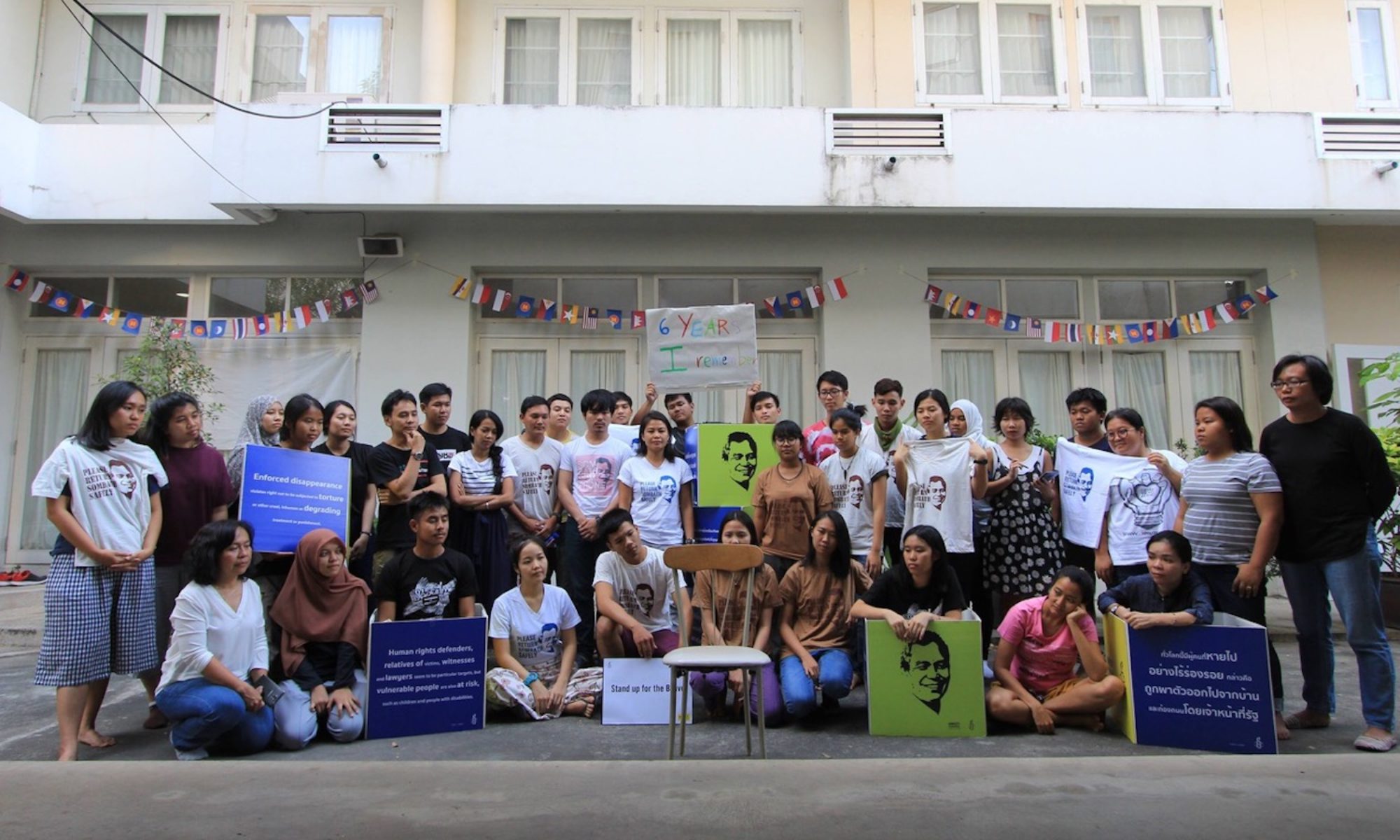[et_pb_section bb_built=”1″ _builder_version=”3.0.67″][et_pb_row use_custom_gutter=”on” gutter_width=”2″ background_position_1=”top_left” background_position_2=”top_left” background_repeat_1=”no-repeat” background_repeat_2=”no-repeat” _builder_version=”3.0.67″][et_pb_column type=”1_3″][et_pb_text _builder_version=”3.0.92″ text_font_size=”20″ header_font_size=”75px” background_layout=”light” module_alignment=”left”]
151
out of
165
Laos’ ranking in Freedom House‘s 2017 “Freedom in the World” report
[/et_pb_text][et_pb_text _builder_version=”3.0.76″ custom_padding=”20px|||” background_layout=”light” text_orientation=”left” border_style=”solid” module_alignment=”left”]
Note: This is another in a series of posts on “Laos by the numbers.”
Feedback and suggestions are welcome.
[/et_pb_text][/et_pb_column][et_pb_column type=”2_3″][et_pb_text _builder_version=”3.0.92″ background_layout=”light” module_alignment=”left”]

In its Freedom in the World report for 2017, Freedom House has given the Lao PDR a score of 12, which puts it in the lowest category of “Not Free.”
In two sub-indexes of Political Rights and Civil Liberties, Laos is given rankings of 7/7 and 6/7 respectively. It has held these same rankings since 2010.
This places the Lao PDR very near the bottom of the index, at 151st of 165 countries, and the lowest in Southeast Asia. Scores (and ranks) for other regional neighbours include:
- China: 15 (143rd)
- Vietnam: 20 (137th)
- Cambodia 31 (118th)
- Thailand 32: (116th)
- Myanmar 32: (114th)
- Singapore: 51 (90th)
- Philippines: 63 (72nd)
- Indonesia: 65 (63rd)
Excerpts from Freedom House’s overview of the Lao PDR include:
Laos is a one-party state in which the ruling Lao People’s Revolutionary Party (LPRP) dominates all aspects of politics and government and harshly restricts civil liberties. There is no organized opposition and no truly independent civil society. News coverage of the country is limited by the remoteness of some areas, repression of domestic media, and the opaque nature of the regime. Economic development has led to a rising tide of disputes over land and environmental issues, as well as corruption and the growth of an illegal economy. Such disputes frequently lead to violence, including by the security forces.
The Laotian government continued to tighten its control over domestic dissent in 2016, partly by monitoring citizens’ activity on social media. In at least three cases, individuals were apparently arrested for comments they posted while working abroad. The authorities also suppressed independent civil society activity. Although Laos hosted the annual ASEAN summit in September, it would not host the parallel ASEAN People’s Forum, a gathering of regional civil society groups. The forum was held in Timor-Leste instead, and participants reported that the Laotian delegation was hand-picked and pressured by the Laotian government to minimize criticism of its record.
[/et_pb_text][et_pb_comments _builder_version=”3.0.67″ show_avatar=”off” show_reply=”on” show_count=”on” background_layout=”light” border_style=”solid” custom_button=”off” button_letter_spacing=”0″ button_icon_placement=”right” button_letter_spacing_hover=”0″ border_radii=”on||||” /][/et_pb_column][/et_pb_row][/et_pb_section]

